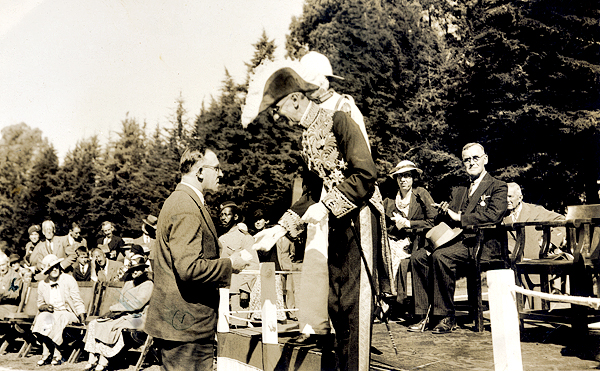
ADVENTURE
AIDS
AIRLINES
AIRPORT
AIRPORT BUS
ARCHAEOLOGY
ARCHITECTURE
ARCHIVES
ART GALLERIES
BANKS
BIRDING
BOOK EXCHANGE
BUDGET TRAVEL
BUSES
BUSHFIRE
BUSHMAN PAINTINGS
BUSHMEN
CAMPSITES
CAR HIRE
CARS and DRIVING
CATTLE
CLIMATE
COLONIALISM
CRIME
DRUGS
ECONOMY
HISTORY
IMMIGRATION
KINGS
MBABANE
NATURE RESERVES
POLICE
RITUAL CEREMONIES
SIBEBE TRAILS
TOUR COMPANIES
TRAVEL AGENCIES
Index to information in the guide
Swaziland's colonial era had very distinct boundaries. From 1902 to 1968 Swaziland was part of the British Empire as a quasi Protectorate. The process of incorporation into the Empire started some time before the formal declaration. King Mbandzeni (ruled 1875-1889) had come to power just before the peak of the scramble for Africa by colonial powers. It had become increasingly obvious that occupation by a colonial power was inevitable.
The Zulu, just to the south, had been by far the greatest black military power in the region and if they had not been able to resist colonialism, who could? It became a question of which colonial power was likely to be least destructive to the Swazi Nation.
There were three powers in the area, the Boers (Afrikaners), the Portuguese and the British. The Swazis distrusted the British the least and tried to ally themselves to them, without much success. When the colonial era did formally start in 1902 with British rule, it was by chance. The British had won the second Anglo-Boer War, Swaziland had been a Boer possession and so the British got the country by default and quite unintentionally.
The Swazis had imagined that they would be independent, as had been promised by the British whose absentminded style of rule was in sharp contrast to the Portuguese and Boers. Under Afrikaners the country would have suffered apartheid, if it had been colonised by the Portuguese, then there would have been the brutal sixteen year long civil war.
Instead Swaziland's accidental inclusion in the British Empire was generally ignored. There were no great plans, no shipment of people here or there across the globe. It could best be described as benevolent neglect. If there were no strong positive movements, similarly there were no strong negative ones either. The Swazi hierarchy was left intact. The Swazi King for most of this period, Sobhuza, was not allowed to term himself King officially, for the British Empire could have only one King - their own. To the British he was the Paramount Chief, the Swazis themselves were free to call him whatever they wished in their language. To the British it was irrelevant.
The Swazis retaliated by not giving King George VI the royal salute of "Bayethe" when he made his extremely short official visit in 1947. He would never have known the difference, probably nobody ever told him. In reality these calculated snubs were the level of hostility, except for one thing: land.
During the gold rush period of the 1880's and 90's the Swazis had lost almost all title to their land. To redress this the British made all concession-holders give back one third of their total acreage in 1907. They felt that this was enough for the Nation, the Swazis did not, and regaining the land became a pre-occupation up to and after Independence in 1968.
Farms which came on to the market were voluntarily sold to the Government at fair market price and then handed over to the King in trust for the Nation. Some of this land was handed back to Chiefs, some for settlement by the increasing number of small-scale farmers. Many became cattle fattening ranches, often used by influential people. Kingship seems to prefer capitalism to chieftaincy. A small proportion of land became nature reserves.
The British did very little in the way of development until after WW II, then they started a number of large scale agricultural projects involving rice, timber and sugar. They sent out Oxbridge educated specialists to assess the soil capabilities, farming methods, geological potential and much else so that they could plan development on a rational basis. The sugar and forestry projects are still the largest formal employers in the country.
Education was generally left in the hands of missionaries, who had their own reasons for educating people. Hospitals were basic, but clean and efficient, the police were both efficient and incorruptible. All along the British had the feeling that at some indefinable point Swaziland would become a part of South Africa - so little was done to develop greater infrastructure.

When it became clear that Independence was coming the Resident Commissioner (in effect the Governor) tried hard to convince Sobhuza that democracy was the way to go. This fell more than a little flat in that the British might have been democratic at home, but they certainally weren't in the colonies. Besides, it was against the nature of Swazi Kingship, which was essentially authoritarian, though never dictatorial. The British left a Westminster style constitution but within five years of Independence King Sobhuza - with widespread general support - repealed it and the colonial era was effectively over.